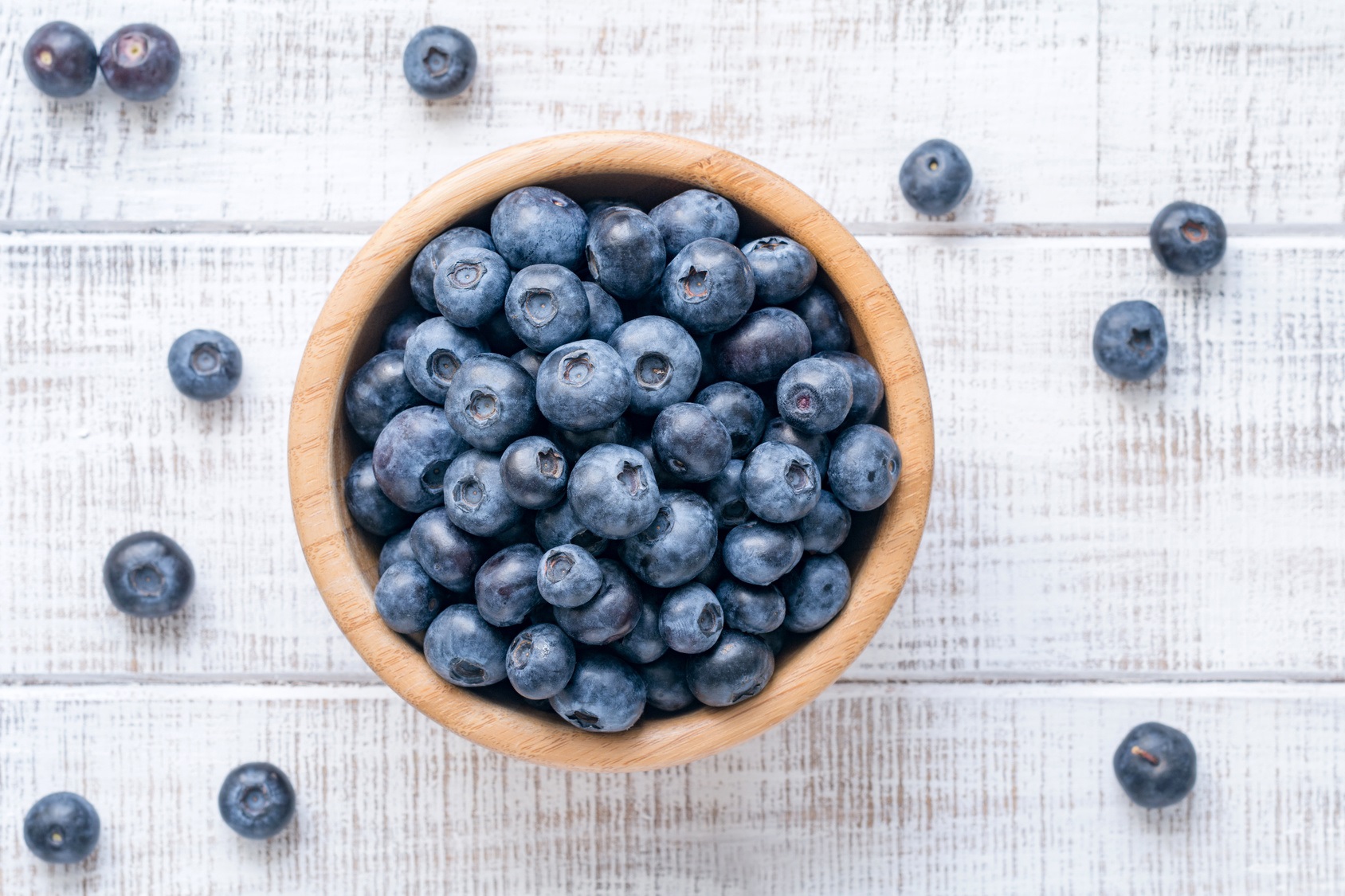If you’re searching for a simple way to improve your brain health with the foods you eat, the advice you find can be overwhelming. Top search results include lists of 10, 22, even 40 dementia-fighting foods. And while having so many choices is empowering, it can also be mind-boggling when you’re standing in the grocery aisle.
You may even be wondering if the popularity around “brain foods” is just another fad. Diets like the Ketogenic, Whole30, and Paleo all claim to be a good defense against dementia. One of the latest diets is actually called the MIND diet. Created in 2015 by researchers from Rush University Medical Center and the Harvard School Of Public Health, it’s a hybrid of the Mediterranean diet and the DASH (Dietary Approaches to Stop Hypertension) diets.
In a study of neurodegenerative delay, researchers looked at the eating habits of 960 adults over nine years and found that those who ate “brain-healthy” foods faced a 53 percent lower risk of Alzheimer’s.
It’s agreed that so-called “brain foods” are rich in antioxidants, good fats, vitamins, and minerals. Evidence shows that eating these can provide energy, increase clarity, boost memory, diminish brain fog, and improve sleep. And although there remains some disagreement around what role meat and grains should play in the healthiest diet, all of the popular variations focus on eating vegetables, moderate protein, and healthy fats while avoiding processed food and sugar.
No matter which diet interests you, there are basic foods that are found on every recommended list. Here are seven to get you started.
- Green leafy vegetables, especially spinach, have a high concentration of antioxidants. They’re a good defense against bone loss, cancer, and inflammatory diseases, and they’re especially good at keeping your brain healthy as you age.
- Avocados have more potassium than bananas and are an excellent source of monounsaturated fatty acids, which are essential in keeping your brain sharp as you age. They’re also loaded with fiber to help you feel full.
- Fatty fish, like wild salmon, is rich in omega-3, which helps reduce inflammation and can lower the risk of cancer, heart disease, and arthritis. It’s another great source of healthy fats, which are important in brain health.
- Broccoli is another good source of fiber, as well as vitamin C, one of the most powerful antioxidants, which is another key component of fighting dementia.
- Blueberries contain the highest antioxidant content of all. They protect the brain from oxidative stress and the effects of age-related dementia.
- Nuts. Almonds are the most concentrated source of vitamin E, which helps fight age-related cognitive decline. Walnuts are high in DHA, a type of Omega-3 fatty acid.
- Dark chocolate, especially with a high percentage of cacao, lowers stress levels and inflammation and benefits mood and memory.
At the Center for Holistic Medicine, we take a holistic approach to nutrition. From weight management to health and fitness, our practitioners can help you add these healthy choices into your lifestyle. For more help incorporating brain foods into your diet, schedule a nutrition consultation with Dr. Richard Bisceglie, Katie Bogaard, or Sujatha Mannal.
